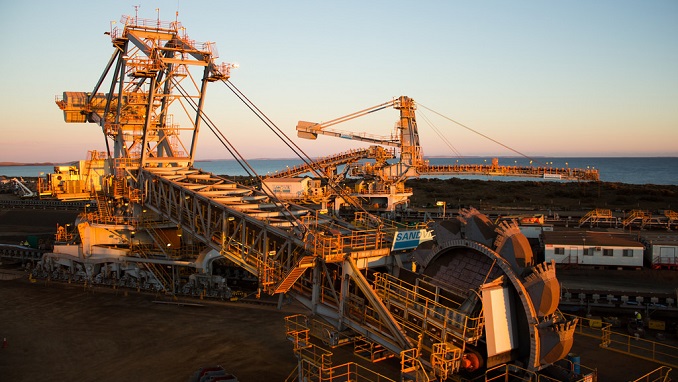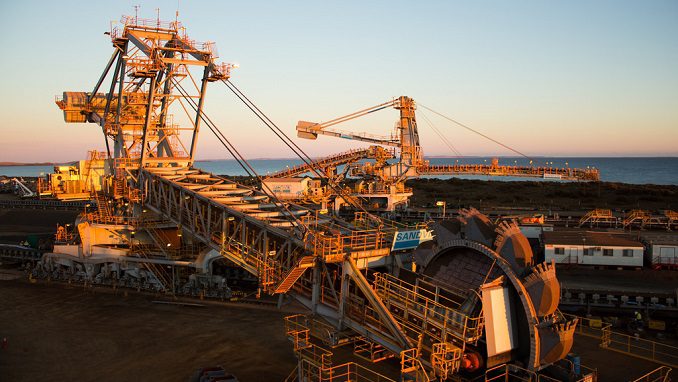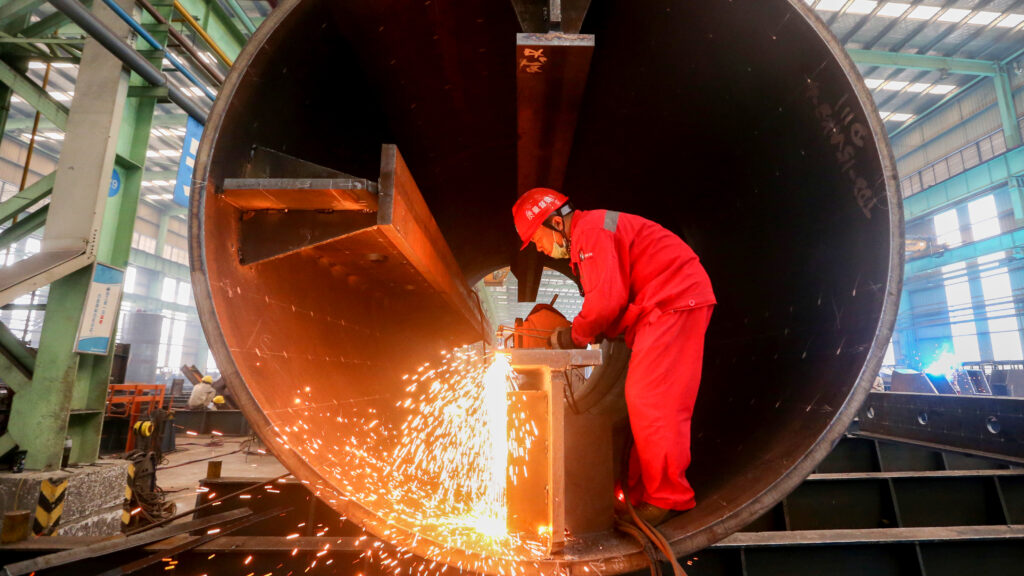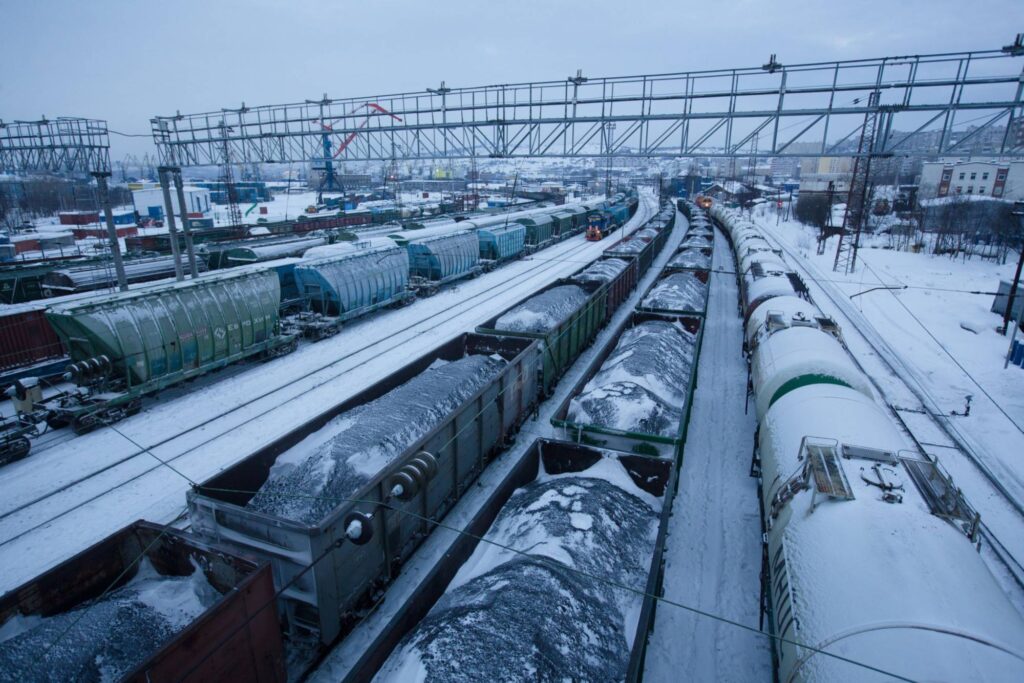In 2023, driven by factors such as the stabilization of the domestic macro-economy and the higher-than-expected increase in steel exports, demand for steel has rebounded. Steel companies are less willing to cut production independently. Pig iron production has increased year -on-year, driving the demand for coal and coke to strengthen. Specifically, in the first half of the year, domestic coking coal supply grew steadily, imports of Mongolian coal and Russian coal increased significantly, Australian coal imports were lifted, and the overall supply increased steadily. However, profits of steel and coke companies were poor , and coking coal supply is expected to continue to increase. Therefore, the long-term low inventory strategy for coking coal procurement has affected the continued decline of coking coal prices.
In the second half of the year, coal mine accidents increased, safety inspections at production sites were upgraded, coal mine operations were frequently disrupted, and the domestic supply of coking coal tightened. While downstream began to increase purchases, it was difficult to increase inventory , and coking coal prices regained strength.
Overall for the whole year, although domestic coking coal supply declined slightly, benefiting from the continuation of “zero tariffs”, coking coal imports hit a record high. Coking coal supply and demand will be slightly looser in 2023, and the center of gravity of coking coal market prices will shift significantly year-on-year. . The annual average ex-factory price of CCI Shanxi low-sulfur main coke was 2,159 yuan/ton, a year-on-year decrease of 560 yuan/ton.
Fenwei’s latest annual research report estimates that domestic supply of clean coking coal in 2023 will be 493 million tons, a year-on-year decrease of 0.1%; coking coal imports will reach 102 million tons, a year-on-year increase of 59.5 %, while coal consumption will reach 592 million tons, a year-on-year increase of 6.5%.
Looking forward to 2024, the report predicts that coke demand may weaken due to the impact of domestic and international situations. However, due to the significant expansion of coking production capacity, coking coal demand will continue to grow. As policy thrust weakens and the release of coking coal production capacity is expected to slow down, and safety factors will still disrupt coal mine production, domestic coking coal supply may decline.
In terms of imports, it is expected that coking coal imports may decrease in 2024 due to uncertain factors such as the resumption of tariffs, the squeeze on coking coal resources in Australia and other countries by new overseas coking investments, and whether high imports from Mongolia and Russia can be maintained. Coupled with a slight increase in exports, China’s net imports of coking coal may decline year-on-year in 2024.
Based on the above predictions, Fenwei predicts that the coking coal market may experience reduced supply, increased demand, and an increasingly significant gap between supply and demand in 2024, which may push the focus of coking coal prices upward.







